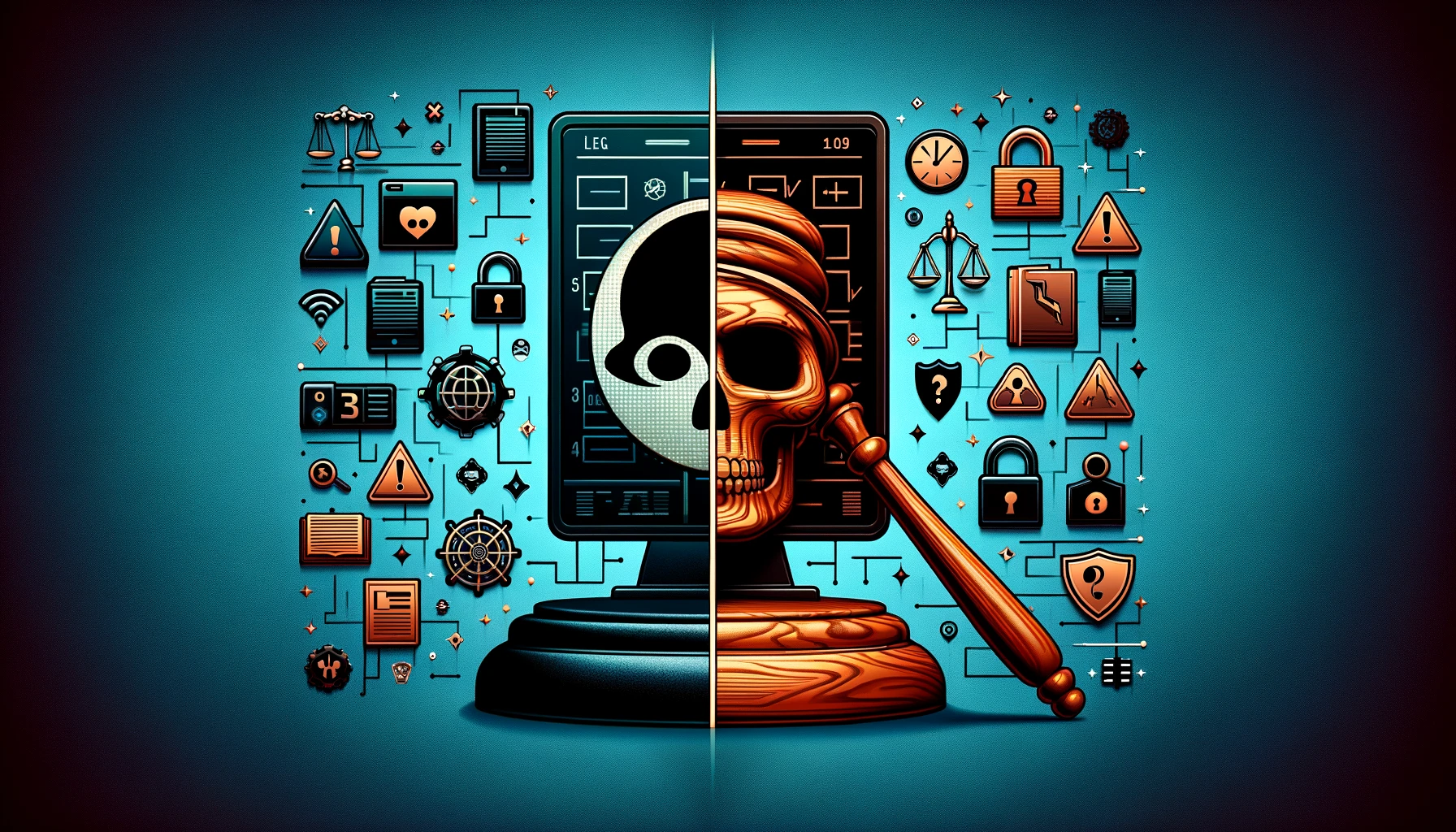
Navigating the Legality of IPTV in the USA: A Comprehensive Guide
admin
- 0
The legal landscape surrounding Internet Protocol Television (IPTV) in the United States is nuanced and can often seem complex. IPTV, which delivers television content over the internet, has become increasingly popular as consumers look for more flexible and cost-effective alternatives to traditional cable and satellite services. However, the legality of IPTV services can vary significantly based on several factors, including the source of the content, the provider’s rights to distribute that content, and the method of access by the end-user. This article aims to clarify the legal considerations associated with using IPTV services in the USA.
Understanding IPTV
IPTV can be broadly categorized into three types:
- Legal IPTV Services: These are services offered by legitimate providers who have obtained the necessary rights to broadcast television content over the internet. Examples include IPTV offerings from established cable and satellite companies, as well as internet-based services like AT&T’s U-Verse, Hulu Live TV, and YouTube TV.
- Gray Area Services: These services often operate on the edge of legality, offering content for which they may not have explicitly obtained the necessary distribution rights. The legal status of these services can be ambiguous and subject to change.
- Pirated IPTV Services: These services illegally distribute copyrighted content without authorization from the copyright holders. Using or distributing content through these services is considered copyright infringement and is illegal.
Legal IPTV Services in the USA
In the United States, IPTV services that are fully licensed to distribute their content are legal. Consumers subscribing to these services are within their rights to access the content provided. These services typically enter into agreements with content creators and distributors to legally offer TV shows, movies, and other video content to their subscribers. The cost of these services often reflects the licensing fees paid to copyright holders.
The Issue with Pirated IPTV Services
The primary legal concern with IPTV in the USA involves the use of pirated IPTV services. These services often offer access to copyrighted content without paying the appropriate licensing fees to content owners, which is a direct violation of U.S. copyright laws. Copyright infringement carries significant penalties, including fines and possible imprisonment for those distributing pirated content.
Consumer Responsibility
For consumers, the responsibility lies in ensuring that the IPTV service they choose is operating legally. Before subscribing to an IPTV service, consumers should:
- Verify the legitimacy of the service by researching the provider’s rights to distribute their content.
- Look for transparent information about content licensing on the service’s website.
- Be wary of services offering extensive libraries of content at suspiciously low prices, as this may indicate a lack of proper licensing.
Legal Ramifications
The U.S. government and copyright holders have taken action against illegal IPTV services and their users. Enforcement actions can include shutting down services, seizing domain names, and legal action against operators and, in some cases, subscribers.
Conclusion
IPTV itself is a legal technology that offers a modern alternative to traditional broadcasting methods. However, the legality of individual IPTV services in the USA depends on their adherence to copyright laws. Consumers are encouraged to exercise due diligence and subscribe only to services that legally obtain and distribute their content. As the IPTV landscape continues to evolve, staying informed about legal issues will help consumers make ethical and lawful choices in their media consumption.

